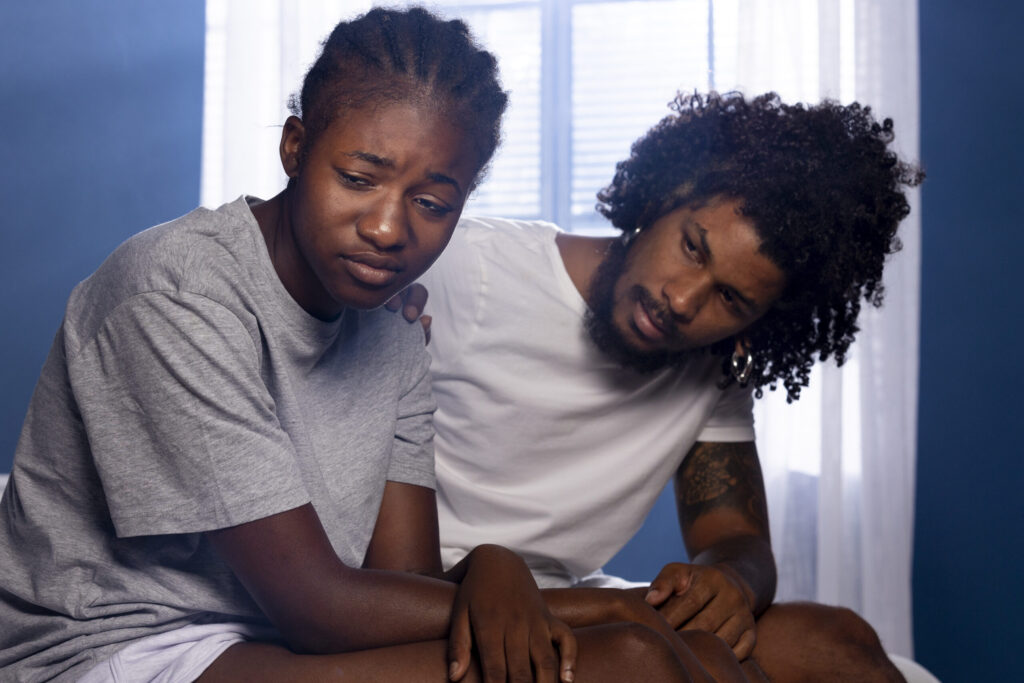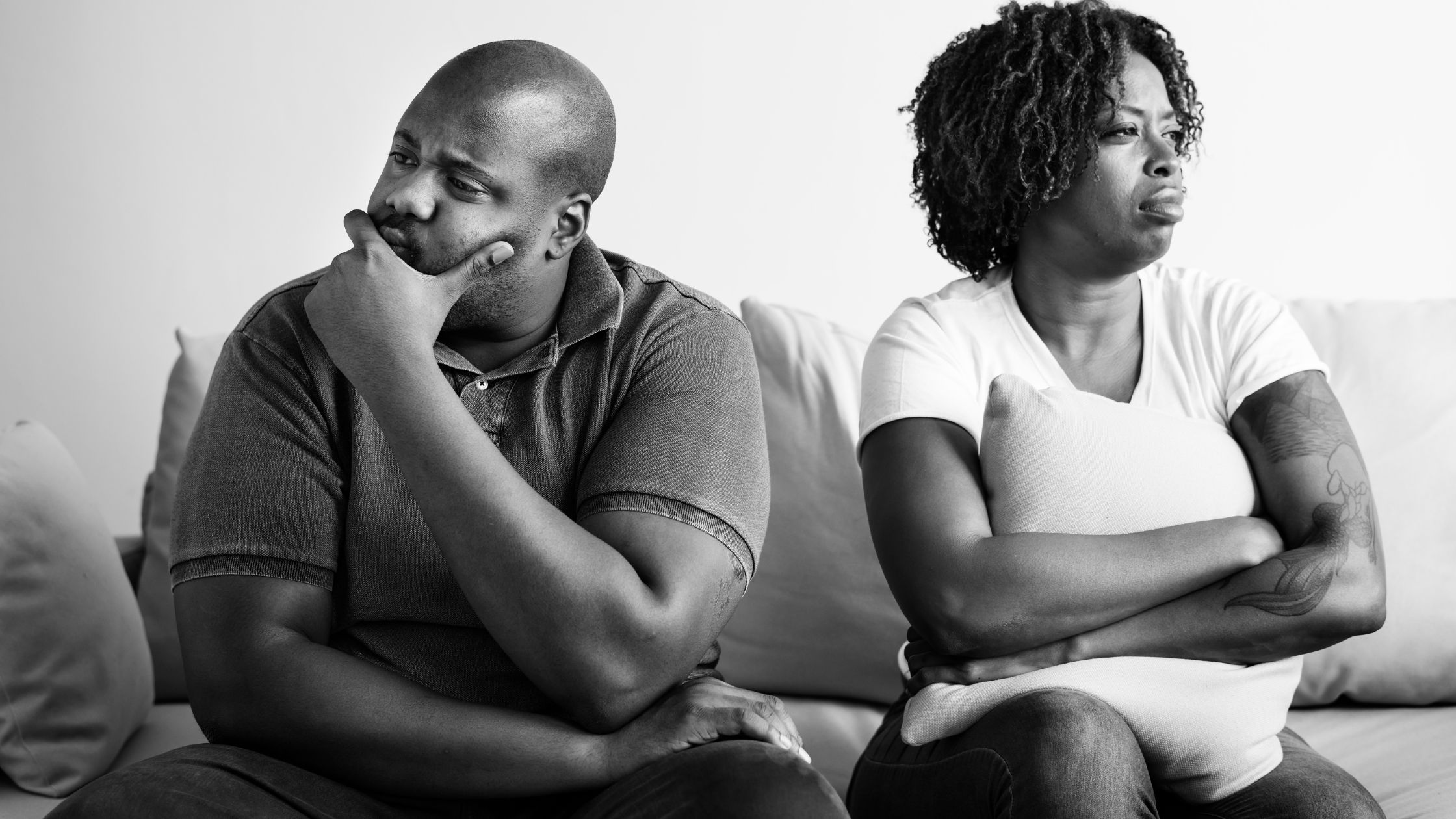You’re getting to know someone new, and things are going well, until that tricky question drops:
“So… what’s your body count?”
Discussing body count in relationships is one of the most uncomfortable yet common questions in modern dating. For many Africans in the diaspora, it triggers even more tension, balancing traditional expectations about purity with modern views on openness and sexuality.
In this guide, we’ll explore the meaning of body count in relationships, the psychology behind why people ask (or lie about) it, and how to respond with confidence and emotional maturity.
What “Body Count” Really Means in Relationships
The phrase body count is modern slang for the number of people someone has had sexual intercourse with.
But in relationships, it’s rarely about numbers but perception. People often use body count to judge:
- Compatibility: “Will we match sexually or emotionally?”
- Trustworthiness: “Can I believe you’re committed?”
- Value or morality: “Are you too wild or too innocent?”
A 2023 Psychology Today report found that people tend to judge sexual experience differently by gender, with women still facing harsher criticism for the same behaviors men are praised for.
So while body count in relationships seems like a casual question, it often exposes deep-rooted beliefs about sex, morality, and self-worth.
Related Content:
The Cultural and Emotional Layers Behind Body Count
For Africans in the diaspora, the conversation around sex is rarely just about desire, it’s layered with culture, religion, and identity.
Many grew up hearing phrases like “good girls don’t talk about sex” or “men should have experience before marriage.” These early messages shape adult behavior and the body count question becomes a mirror of internal conflict.
1. Traditional Values Meet Modern Dating
In many African households, sexual restraint is equated with self-respect, especially for women. Yet diaspora life encourages self-expression, sexual health awareness, and open conversations.
The clash creates tension: how do you honor your roots without carrying shame?
A 2021 BBC Africa feature found that young Africans abroad often feel torn between cultural modesty and Western sexual freedom, leading to confusion and silence around sexual honesty.

2. The Psychology of Asking About Body Count
When someone asks “What’s your body count?”, the question often says more about them than about you.
- Insecurity: They may fear comparison with past partners.
- Control: They may want reassurance or power over your narrative.
- Curiosity: Some ask out of genuine interest or health awareness.
According to Verywell Mind, people with high sexual insecurity often seek validation by asking about sexual history — but those answers rarely provide real comfort.
Why People Hide or Lie About Their Body Count
Let’s be honest, not everyone tells the truth when this topic comes up. The reasons are complex, shaped by both personal fears and social pressure.
1. Fear of Judgment
A 2024 Pew Research Center study found that 63% of adults have hidden or altered details about their sexual history early in relationships to avoid being judged.
Diaspora Africans often carry double judgment: from traditional communities and from Western dating expectations.
2. Privacy and Emotional Safety
Your sexual history is private information, not a public report. Unless it’s relevant to health or commitment, you’re not obligated to disclose it.
Healthline advises that couples should only discuss sexual history when it helps establish trust or health safety not as a moral test.
3. Internalized Shame
For many Africans, early exposure to shame-based sex education causes adults to feel guilty even discussing their desires. As The Conversation notes, younger generations are actively redefining what healthy sexuality looks like balancing self-respect with openness and communication.
How to Handle the Body Count Question in Relationships
You can’t control whether the question comes up, but you can control how you respond. Here’s how to manage it confidently:
1. Reflect Before Answering
Ask yourself:
- Why is this person asking?
- What do I gain or lose by answering?
If the intent feels judgmental, you can politely deflect.
2. Redirect With Grace
Instead of freezing, try:
“I’d rather talk about how we connect now than compare the past.”
“That’s private, but I’m happy to talk about what I value in relationships.”
You’re asserting boundaries while keeping the tone calm.
3. Focus on What Actually Matters
The real questions should be:
- Are we honest about our needs?
- Are we practicing safe sex?
- Do we share the same expectations about exclusivity and respect?
Those are the conversations that build lasting intimacy.
What the Body Count Question Reveals About Relationships
The way someone handles this topic says more about their maturity than your past.
| Response Type | What It Reveals |
|---|---|
| Secure Partner | Focused on trust, not numbers. |
| Insecure Partner | Seeking control or validation. |
| Curious Partner | Open to dialogue, not judgmental. |
A 2023 National Library of Medicine review found that relationship satisfaction is strongly tied to emotional communication and trust, not sexual experience or past partner count.
FAQs About Body Count in Relationships
1. Does body count affect relationship success?
No. Studies show that trust, respect, and communication predict satisfaction, not sexual history.
2. Should I be honest about my body count?
Be honest if it aligns with your comfort and relationship values. You owe no one details that make you feel unsafe.
3. Why do men and women get judged differently?
Because of lingering gender double standards. Society still tends to reward male sexual freedom while policing women’s choices, a bias we must unlearn.
4. How can couples discuss sexual history respectfully?
Use “I” statements, stay curious, and frame the conversation around health, safety, and emotional growth, not judgment.
5. What if my partner keeps pushing the question?
Set clear boundaries. If they can’t respect them, that’s a red flag for emotional immaturity.
Talking about body count in relationships can bring out the best or worst in people. When handled maturely, it’s an opportunity to build trust, honesty, and safety, otherwise it becomes a tool for shame and control.
Remember, your worth is not measured by a number. It’s defined by how you love, communicate, and show respect for yourself and your partner.








